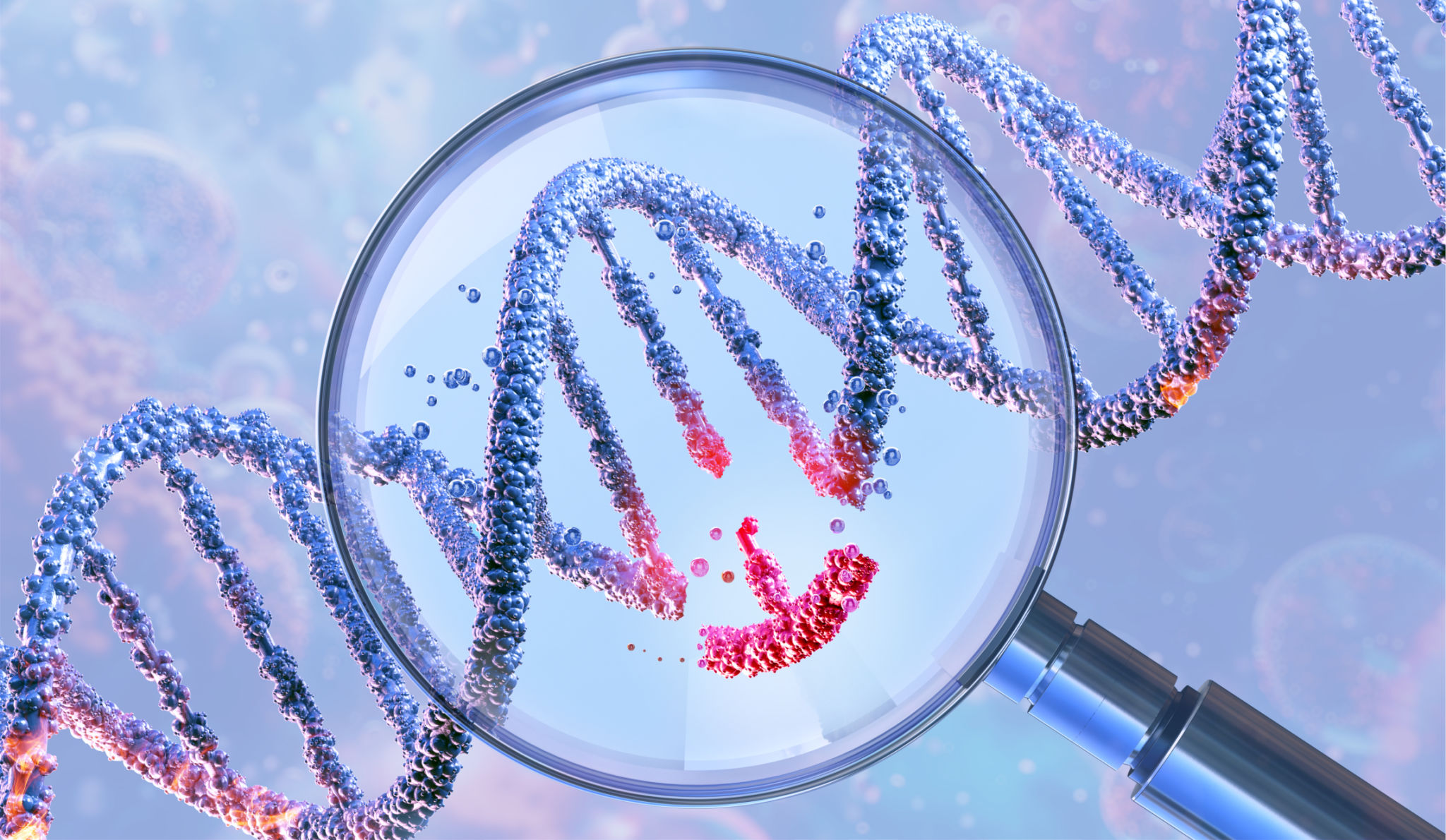How DNA Psychotropic Testing Can Improve Mental Health Outcomes
Understanding DNA Psychotropic Testing
In recent years, the field of mental health has seen significant advancements, one of which is the introduction of DNA psychotropic testing. This innovative approach aims to tailor mental health treatments by analyzing an individual's genetic makeup. By understanding how a person's genes interact with various medications, healthcare providers can make more informed decisions about treatment plans.
DNA psychotropic testing involves examining specific genes that influence how the body metabolizes drugs. These tests can reveal whether a patient is likely to experience side effects from a particular medication or if they may require a higher or lower dose for optimal efficacy. This personalized approach to mental health care promises to enhance treatment outcomes and reduce the trial-and-error process commonly associated with psychiatric medications.

The Role of Genetics in Mental Health
Genetics play a crucial role in determining how individuals respond to psychotropic medications. Variations in certain genes can affect drug metabolism, efficacy, and the likelihood of side effects. For example, some people have genetic variations that cause them to metabolize drugs more slowly, leading to increased side effects or toxicity. Others may metabolize drugs too quickly, reducing the medication's effectiveness.
By identifying these genetic differences through DNA psychotropic testing, healthcare providers can better predict which medications will work best for each patient. This personalized approach not only improves treatment outcomes but also enhances patient adherence by reducing adverse effects and improving overall satisfaction with the treatment process.
Benefits of DNA Psychotropic Testing
The primary benefit of DNA psychotropic testing is the ability to create a **personalized treatment plan**. This tailored approach can lead to faster symptom relief and improved mental health outcomes. By avoiding medications that are unlikely to be effective or may cause adverse reactions, patients can achieve better results with fewer side effects.
Another significant advantage is the reduction in the time and cost associated with finding the right medication. Traditionally, finding the most effective psychotropic medication can involve a lengthy trial-and-error process, which can be both frustrating and costly for patients. DNA psychotropic testing streamlines this process by providing valuable insights from the start.

How DNA Psychotropic Testing Works
The process of DNA psychotropic testing is straightforward and non-invasive. Typically, it involves collecting a saliva sample from the patient, which is then sent to a laboratory for analysis. The lab examines specific genes related to drug metabolism and response, providing a detailed report that healthcare providers can use to guide treatment decisions.
This report includes information on which medications are likely to be most effective, appropriate dosages, and potential side effects based on the patient's genetic profile. Armed with this information, doctors can make more informed choices about prescribing psychotropic medications, ultimately improving patient outcomes.
Challenges and Considerations
While DNA psychotropic testing offers numerous benefits, it is essential to consider its limitations and challenges. Not all psychiatric conditions have well-established genetic markers that can be tested, and environmental factors still play a significant role in mental health. Additionally, the cost of testing may not be covered by all insurance plans, which can be a barrier for some patients.

Moreover, interpreting the results of these tests requires specialized knowledge and expertise. Healthcare providers must stay informed about the latest developments in genetic research to make accurate assessments and recommendations based on test results.
The Future of Mental Health Treatment
As research in genetics and mental health continues to evolve, DNA psychotropic testing is likely to become an integral part of psychiatric care. The potential for personalized medicine to transform mental health treatment is immense, offering hope for more effective interventions and better patient outcomes.
By embracing this technology, healthcare providers can move towards a more individualized approach to treatment, ensuring that each patient receives the most suitable care based on their unique genetic makeup. As more data becomes available and testing becomes more accessible, the impact of DNA psychotropic testing on mental health care will undoubtedly continue to grow.
